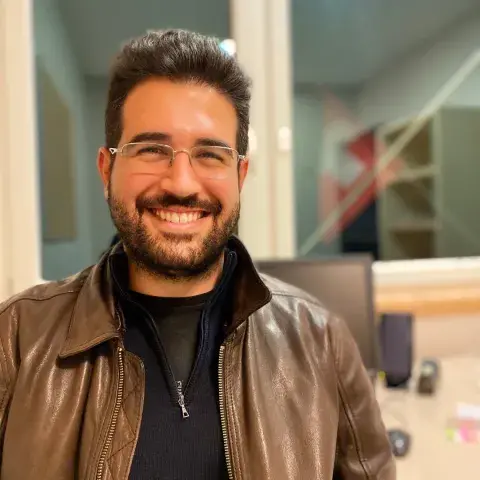
Franklin University Switzerland is proud to announce the launch of a two-year research project funded by the Swiss Network for International Studies (SNIS) entitled “Pandemics as Driver towards Modern Borders and International Collaboration in 19th Century Mediterranean and South-Eastern European Periphery.” The project is led by Franklin’s Professor Marcus Pyka, as Coordinator, and Professor Bernd Bucher, as Co-coordinator.
The project team will be focusing on understanding the complex interrelations of managing pandemics and the creation of national borders in the 19th century, especially in the Mediterranean and in South-Eastern Europe. The research deals with how sanitary and quarantine measures were in the past linked to political and diplomatic decisions and how these were tied to the creation of national identities and borders. Simultaneously, it traces how international cooperation between states became possible. At base, the research aims to answer and examine the following questions:
- How did attempts at sanitary control impact the emergence of national identities and borders between states?
- How were bordering practices tied to international cooperation efforts?
- What were the (unintended) consequences of pandemic control measures on the perception and practice of borders more generally?
Methodologically, the project takes a global approach and studies an abundance of primary sources (ranging from diplomatic notes to medical atlases and even paintings) in several different languages. The geographic focus of the project connects European and non-European discourses on pandemics and adds to a growing body of literature that moves beyond center-periphery logics.
This substantial research grant was successfully acquired in a highly competitive process and allowed Franklin University Switzerland to bring in Dr. Giorgio Ennas, a post-doctoral researcher from the prestigious European University Institute, for the duration of the project. Dr. Giorgio Ennas has recently received his PhD and greatly adds to the research profile of our institution. During his time at Franklin, he will furthermore be teaching different courses open to all students, thereby connecting current faculty research and undergraduate experiential education.
“I am very glad to have the opportunity to work on the “Pandemics and Borders” project here at Franklin University Switzerland with Prof. Pyka and Prof. Bucher, as this will be an important opportunity for my personal and professional development. In my opinion, Ticino and Franklin are the ideal spots to carry out this project because of their international and “borderland” dimensions. Thanks to our collaborators from six different countries, the stimulating environment, and the freedom of action we can enjoy here at Franklin, we will be able to work efficiently, trying to find the answer to how epidemies “help” create states and borders. During these two years, we intend to continue the research with archival research, but also to contribute to the activities of the division of Communication, History, and Politics, by adding four courses aligned with the topic of the history of epidemics and international relations, plus international workshops organized by the research team members. I would like to take this opportunity to thank Franklin, SNIS and all of you for this important role, and look forward to working with each of you.” commented Dr. Ennas.
This project meaningfully deepens Franklin University Switzerland’s relations with other Swiss and European academic institutions in six different countries. To name a few: the University College in Dublin, the Italian National Research Center in Naples, Università Ca’Foscari in Venice, the University of Basel, The University of Vienna, Université de Neuchâtel, The Graduate Institute in Geneva, the University of Sarajevo, and the European Center for Peace and Development in Belgrade. We are excited and honored that this research project is supported by more than a dozen leading scholars across a number of disciplines, and we very much look forward to welcoming our collaborators at Franklin for workshops and events to be held in the next two years.
Moreover, the Ticino region can proudly count a total of two SNIS funded research projects, as a team of researchers at Università della Svizzera Italiana (USI), led by Prof. Jean-Patrick Villeneuve, also succeeded in acquiring a grant for a research project on “Deliberative Quality in Trade-Related International Organizations.”

